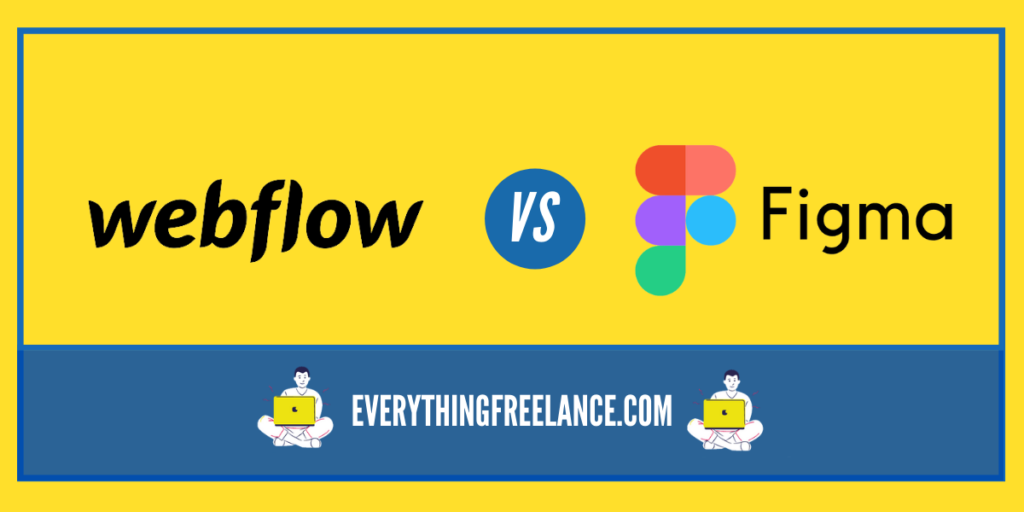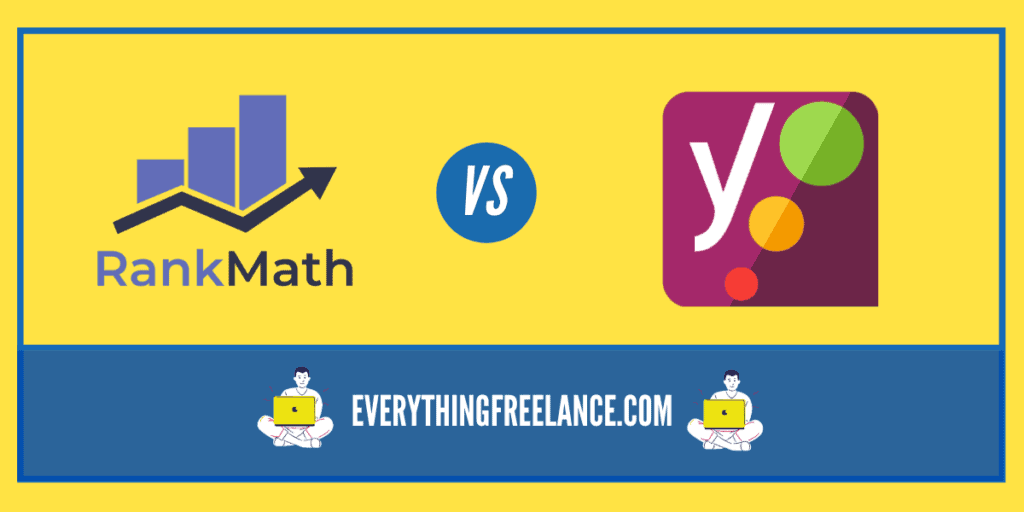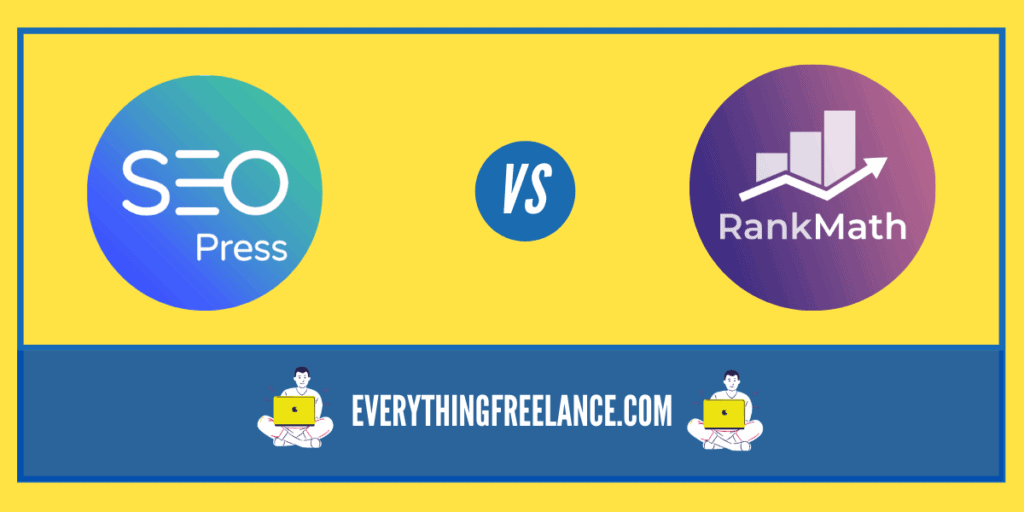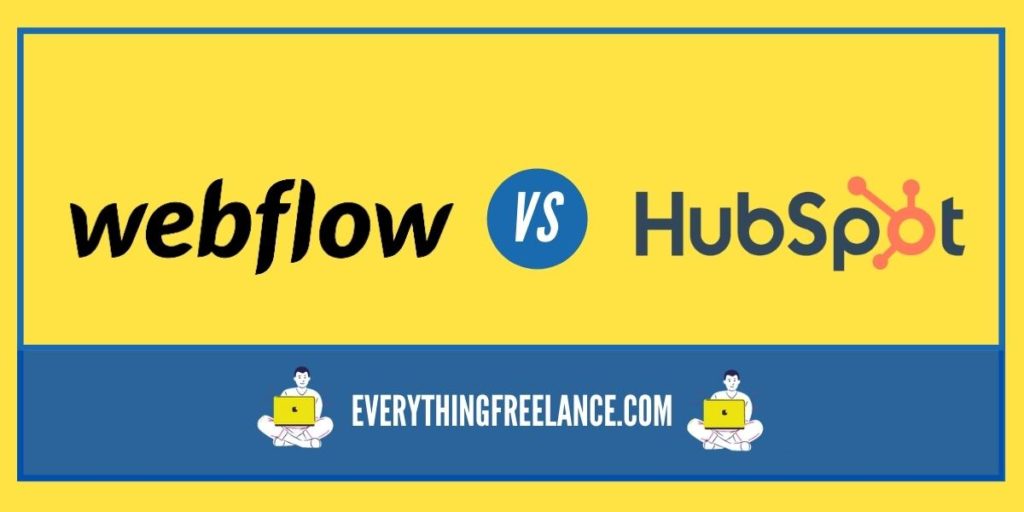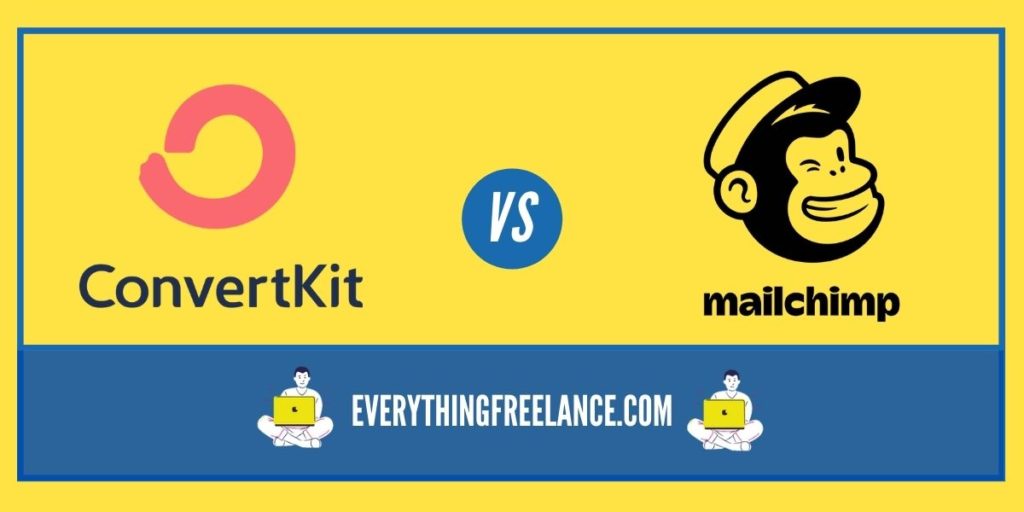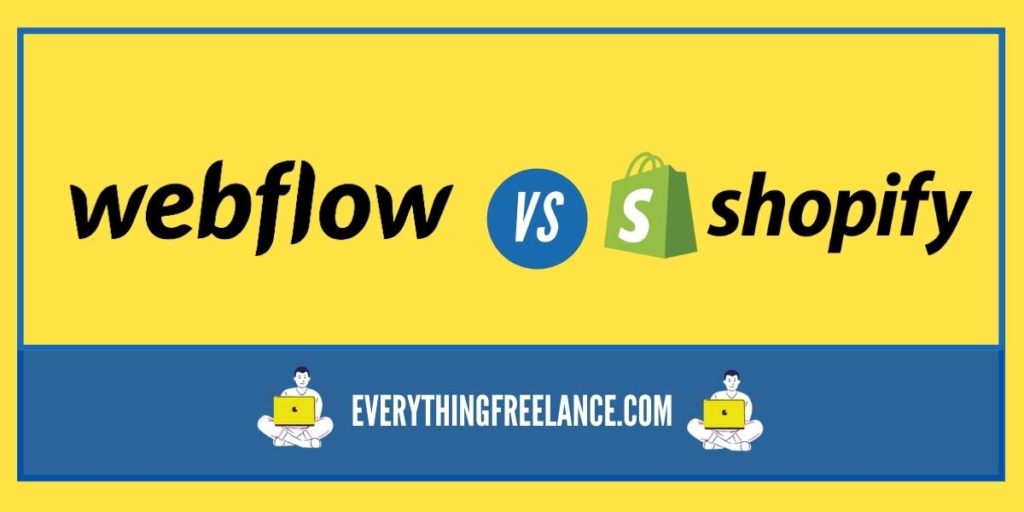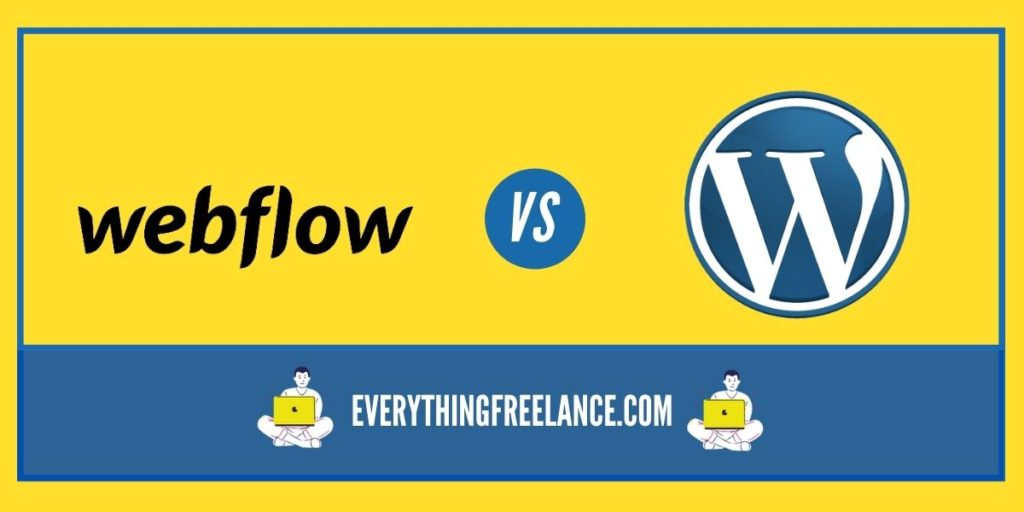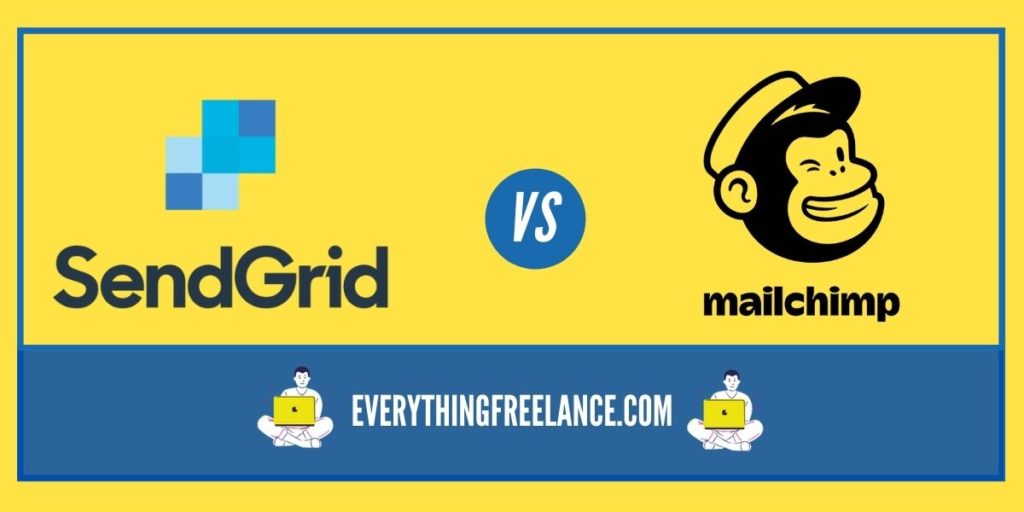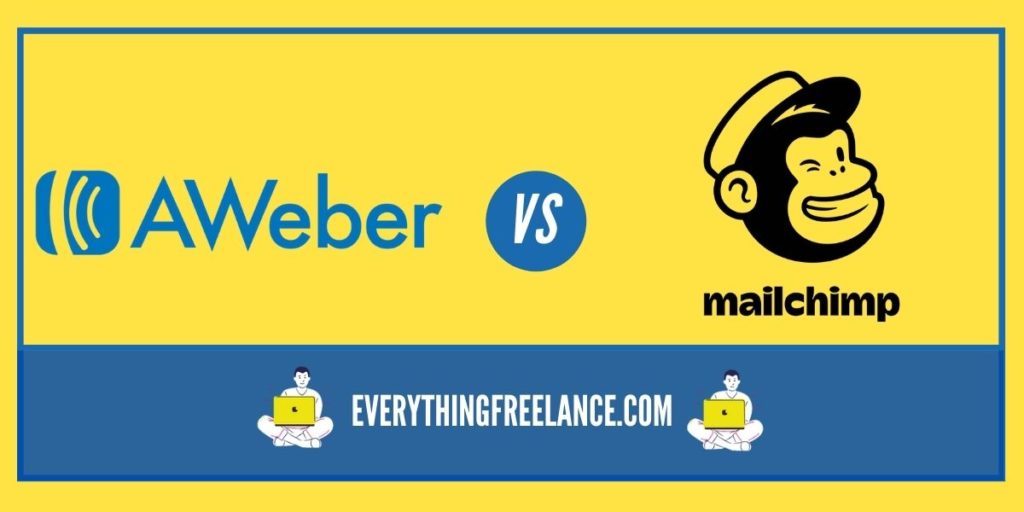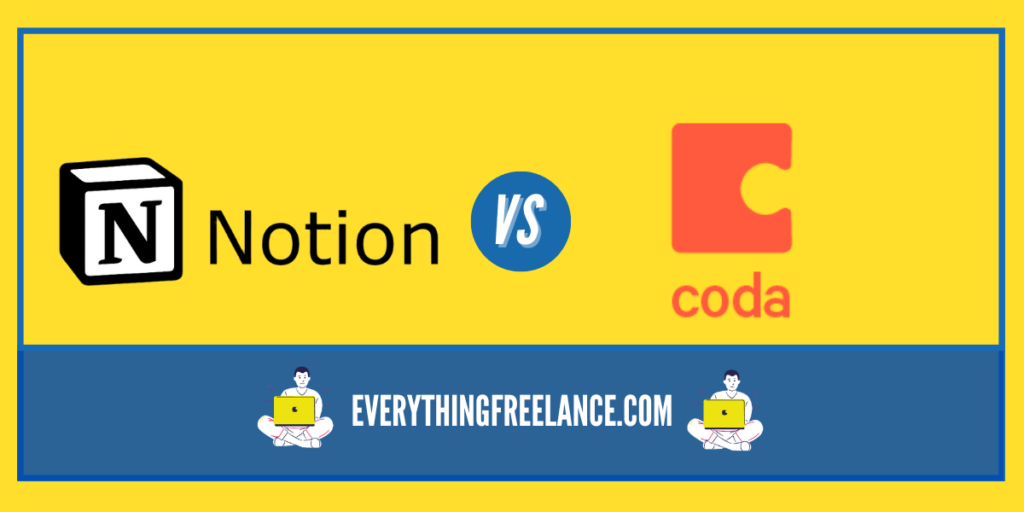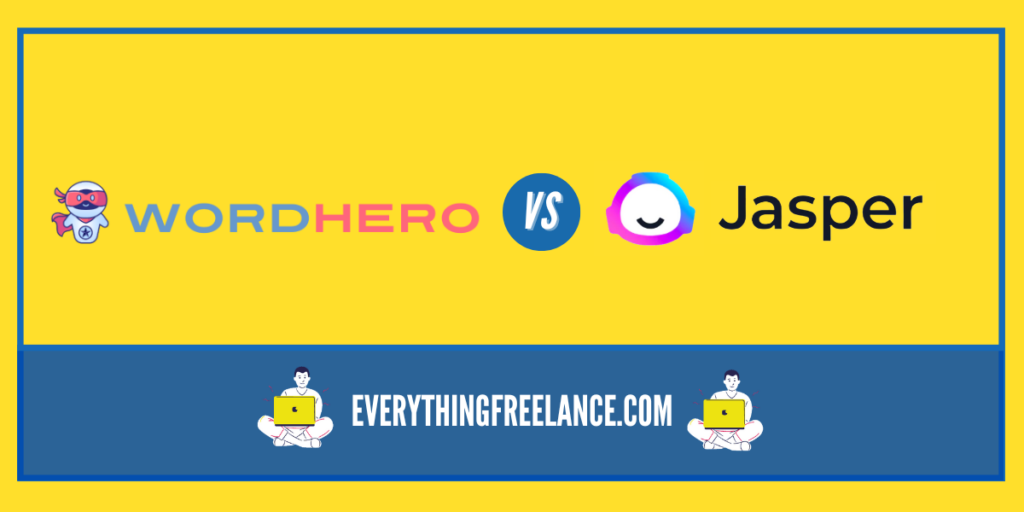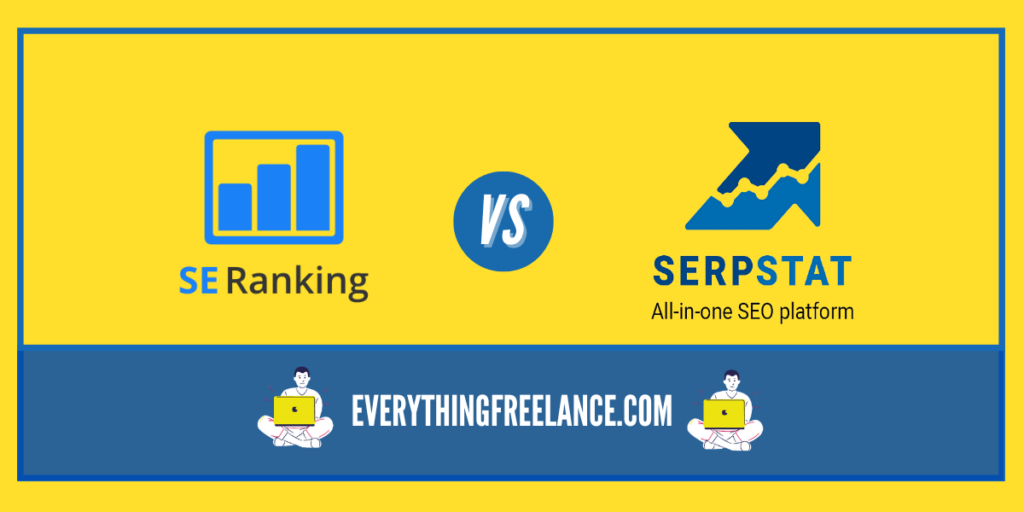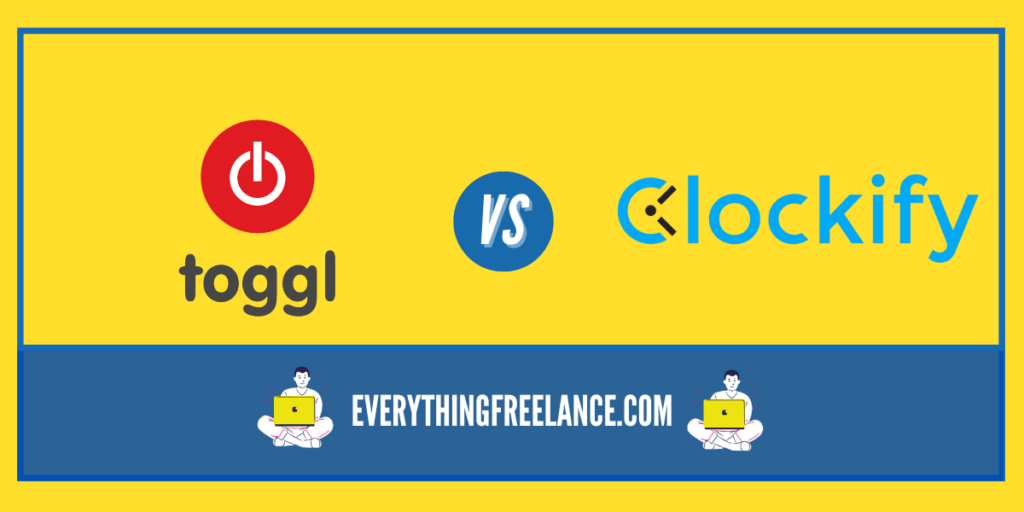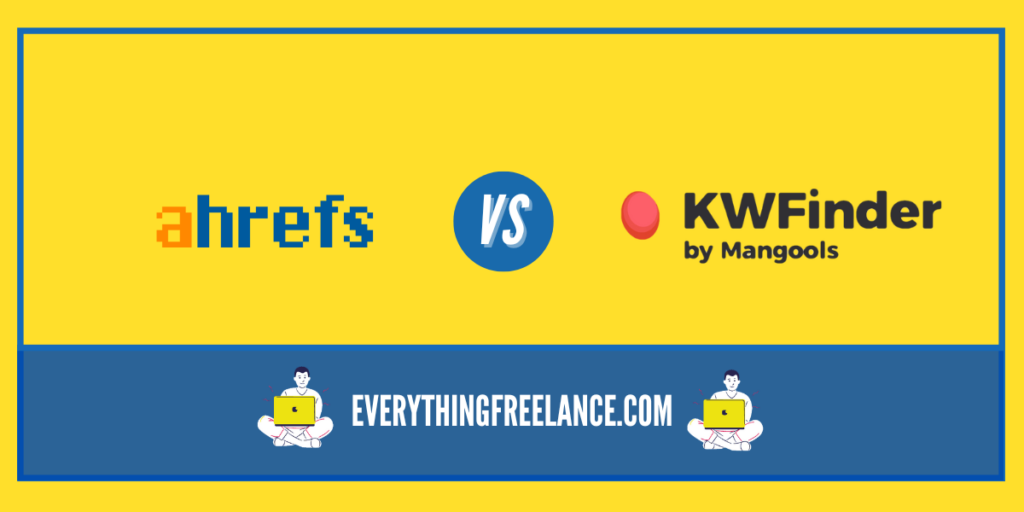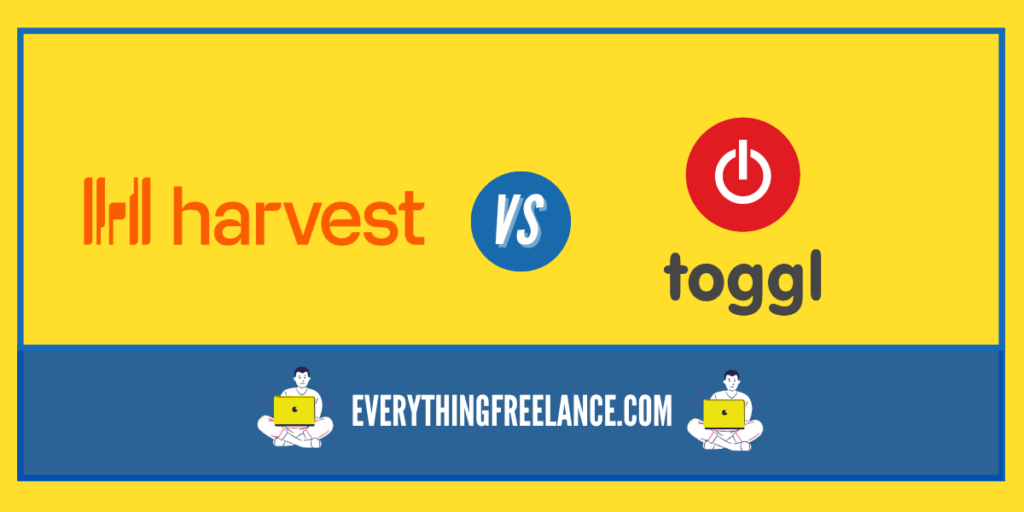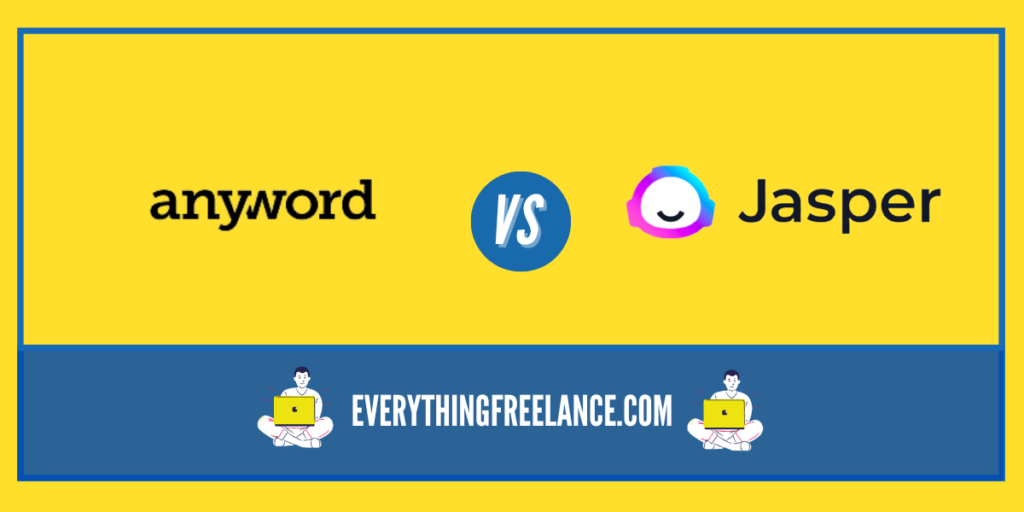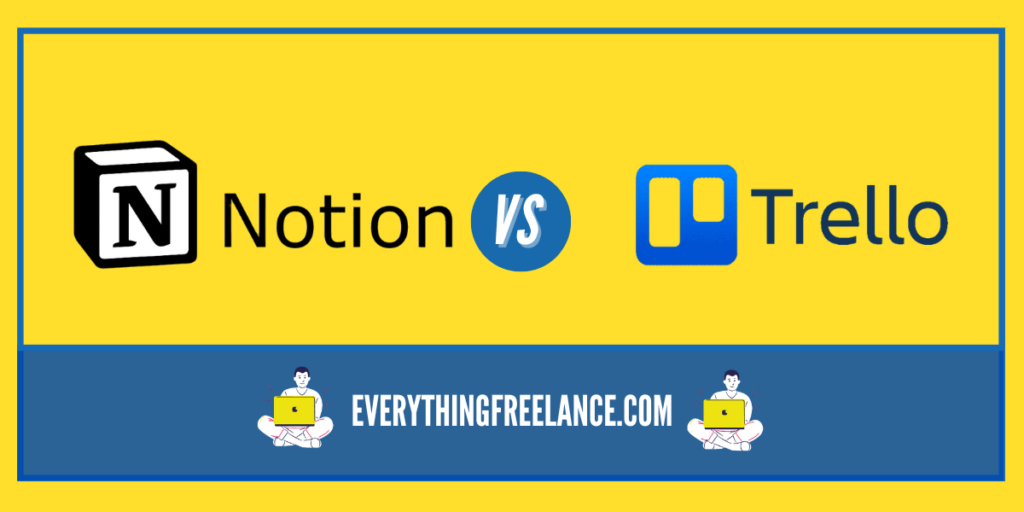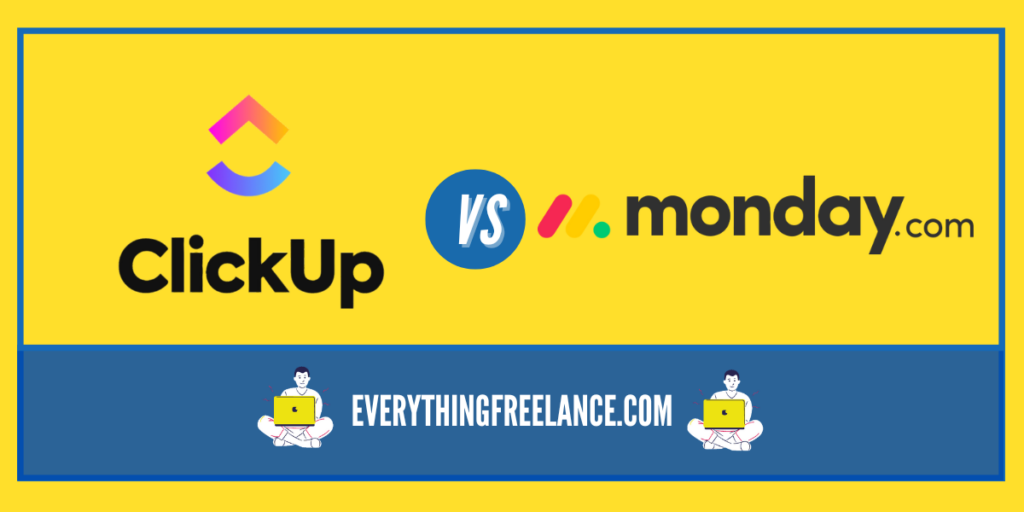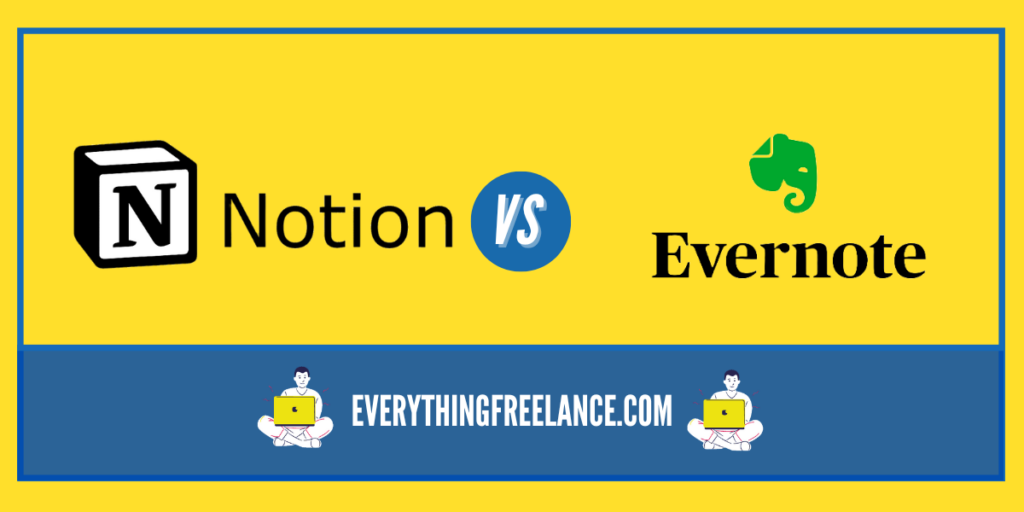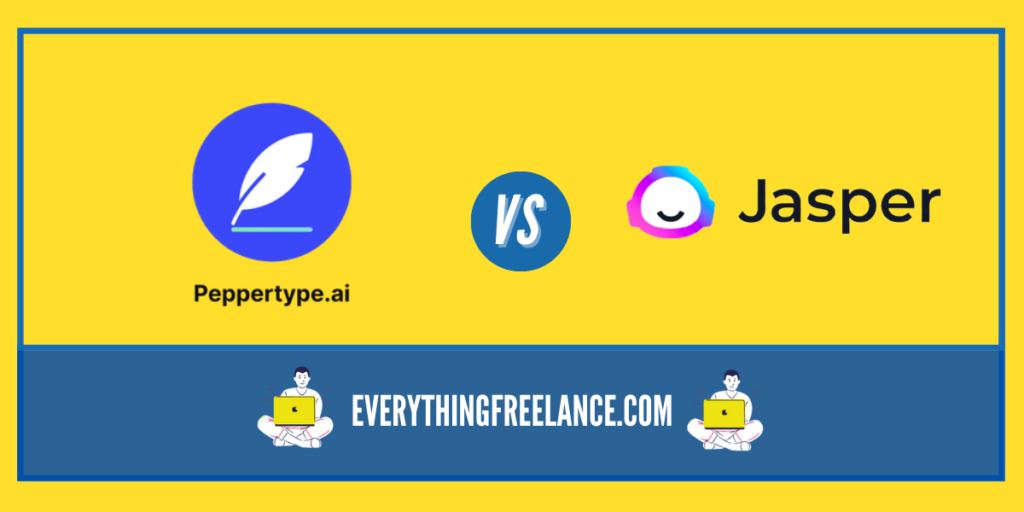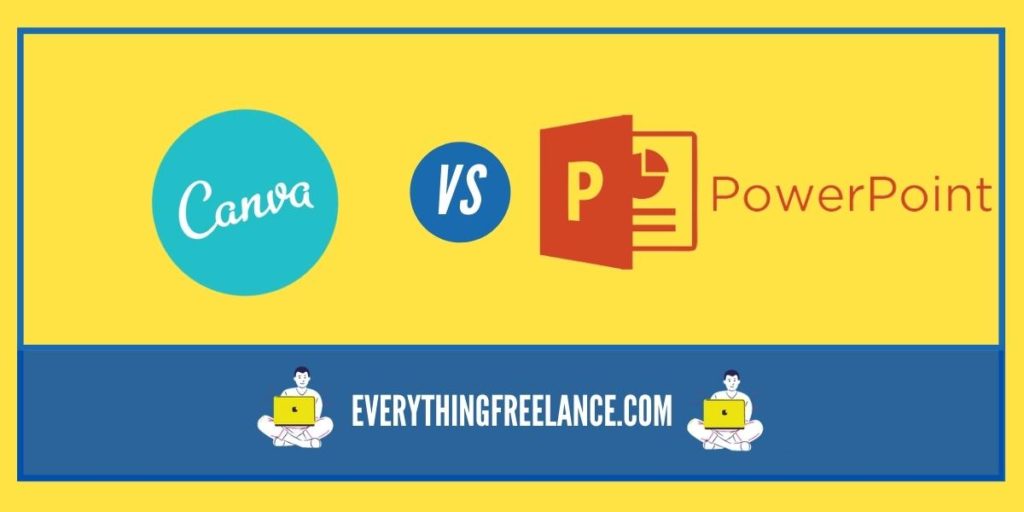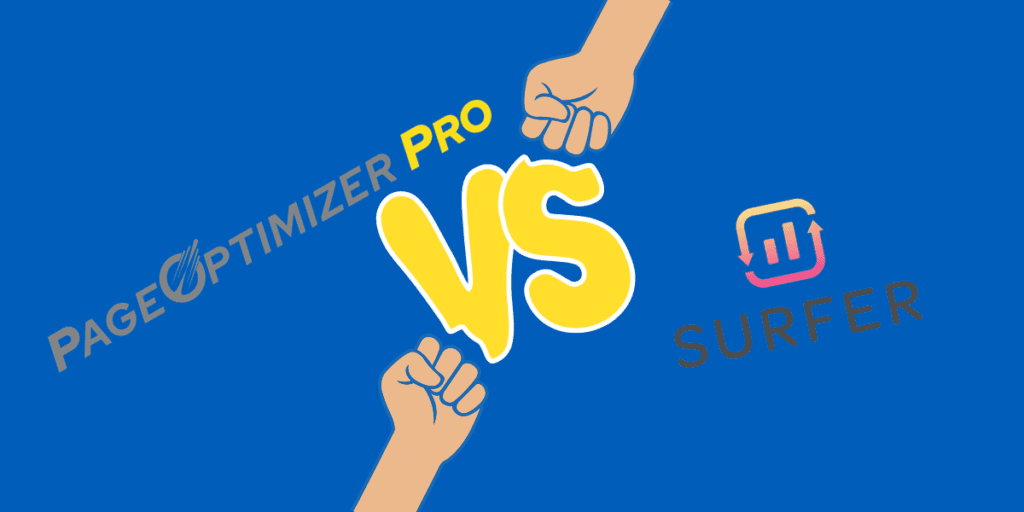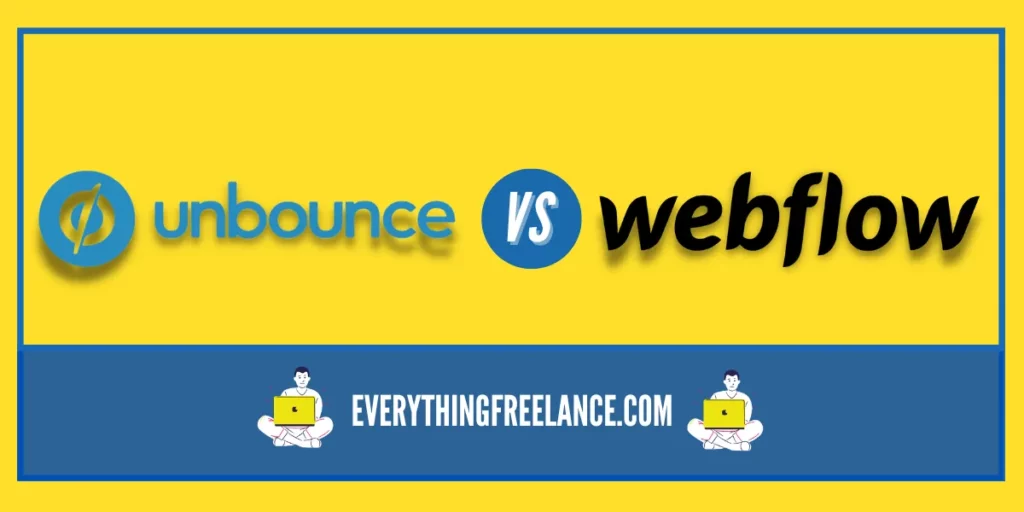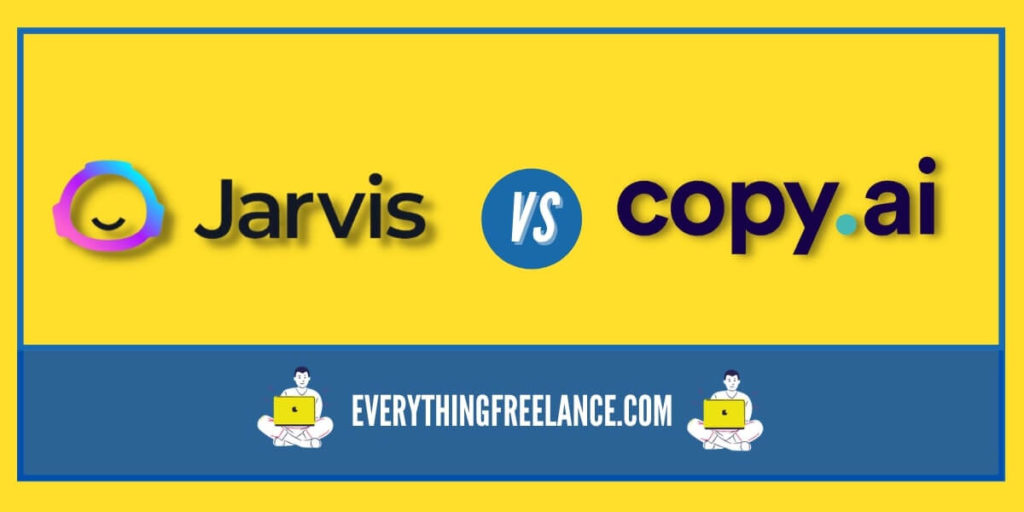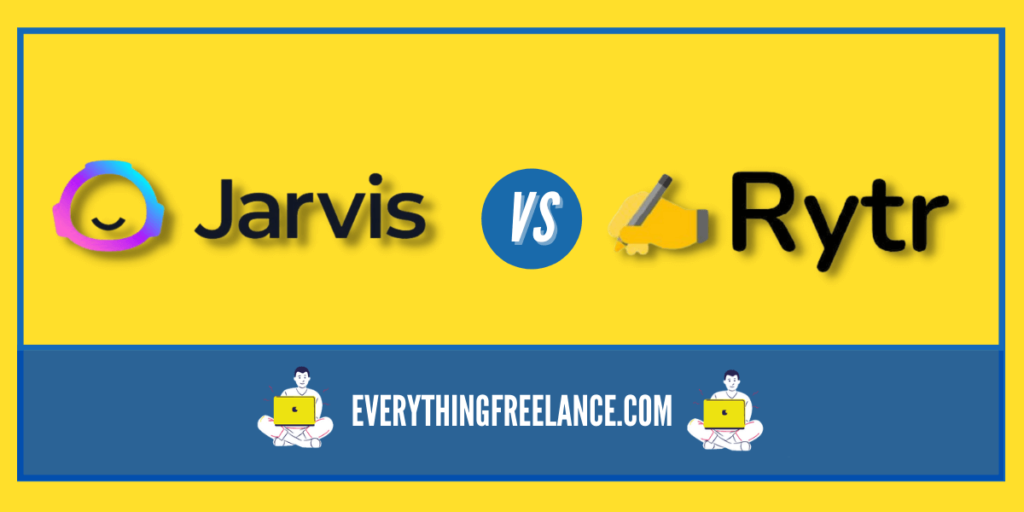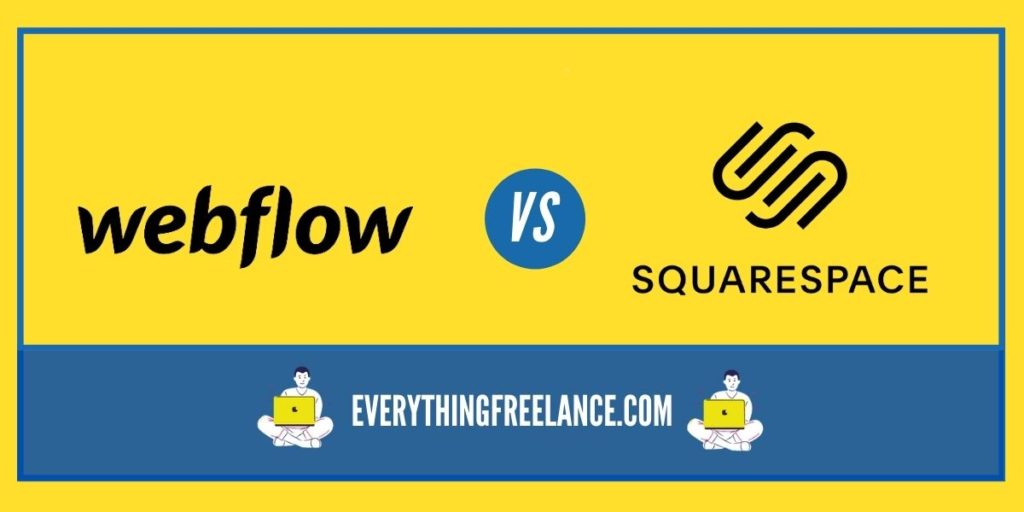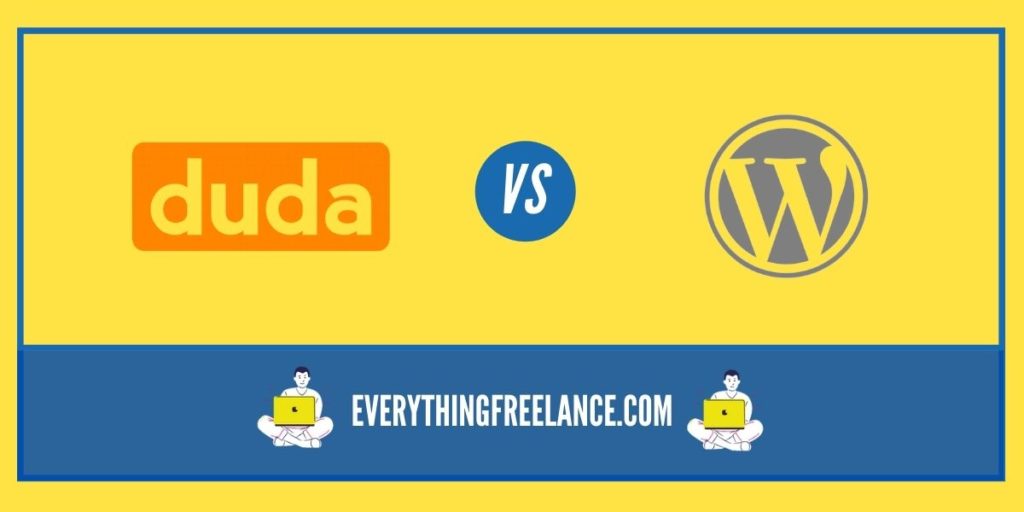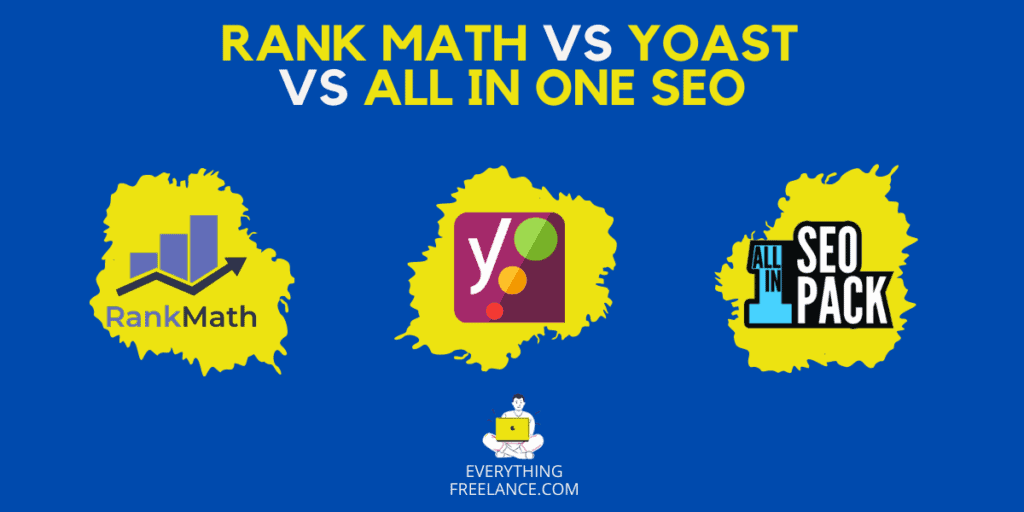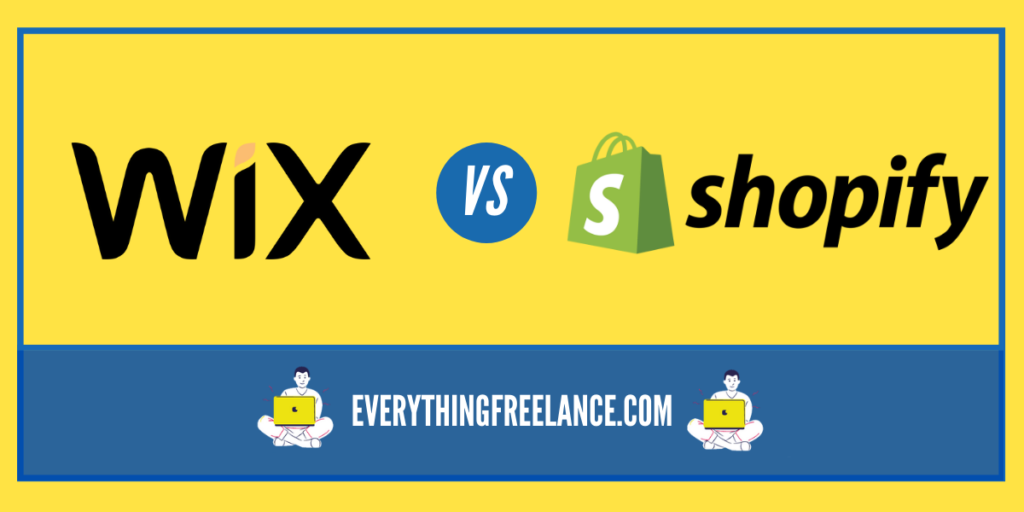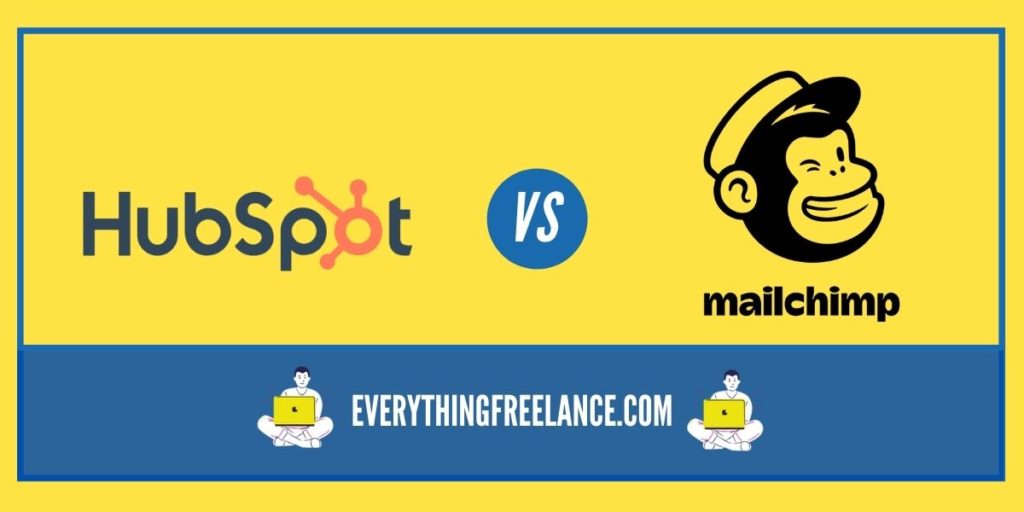Keeping up with the digital marketing world can be challenging, but having access to top-notch tools and resources is what sets you apart from your competition. Serpstat and SEMrush are two popular keyword research platforms that offer incredible features to assist marketers in optimizing their campaigns and content.
To help guide you through which platform better suits your needs, this article will provide a detailed comparison of both Serpstat vs SEMrush, discussing their key features, pros & cons, pricing plans, user experience, and more!
Keep reading to find out.
Brief Overview of Serpstat vs SEMrush
Serpstat and SEMrush are two of the most popular keyword research platforms that offer incredible features to assist marketers, webpage owners, and businesses optimize their campaigns and content.
Overview of Serpstat
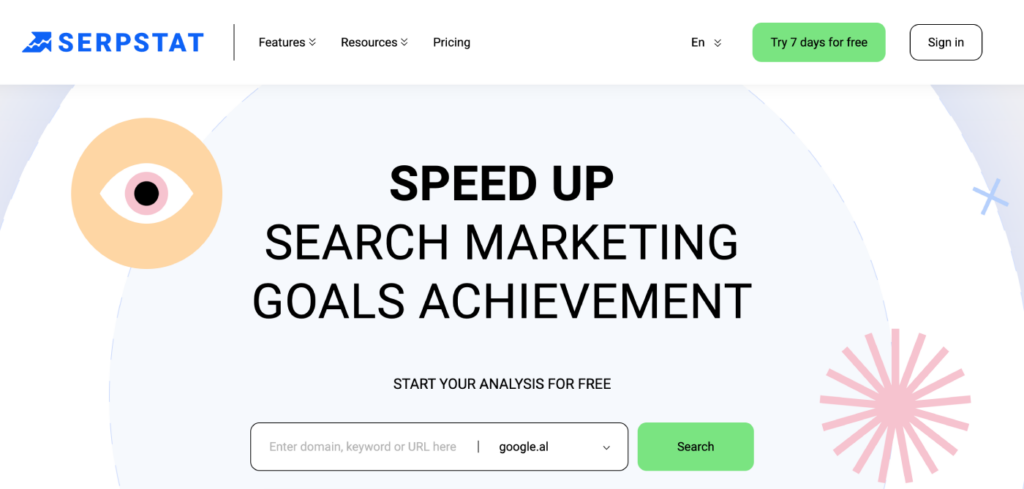
Serpstat is a comprehensive online marketing platform founded by Oleg Salamaha. The company began as a keyword-researching tool, but it quickly became a growth-hacking tool packed with link-building features, PPCs, various analyses, etc.
The main feature consists of keyword research and analysis, helping users explore the realm of SEO. Serpstat’s wide range of functionalities covers everything from data of the competitor site, plus Google adds keywords, traffic, and SEO changes reports to website audits, backlinking options, rank tracking, and more. It also provides detailed reports on various aspects such as keyword difficulty index, traffic cost estimations, website rankings, and bounce rate analysis.
Overview of SEMrush
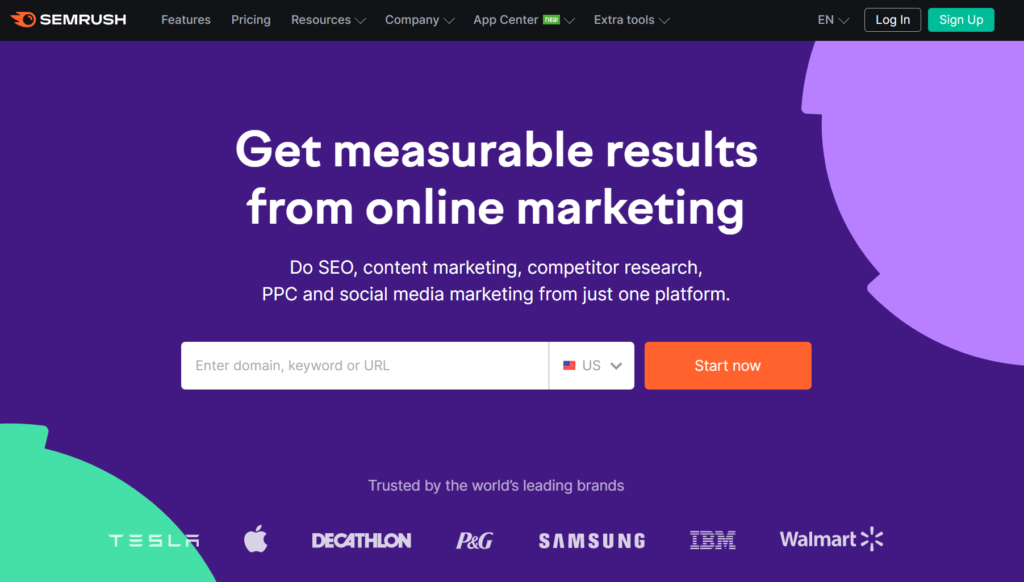
SEMrush is an online SaaS platform built to help maintain creativity while working on marketing programs, content, and campaigns. It began in 2008 as a tool to track down competitors’ keywords before evolving into a full-fledged suite of services for managing every aspect of an online presence. The platform provides analytics related to organic search results; pay-per-click advertising or PPCs; display advertising; links between websites; social media tracking; website traffic audits; and more! SEMrush has a whopping library of 20B keywords and can connect to 800+ domains!
It provides a comprehensive suite of keyword research tools, a keyword difficulty score, and a keyword position tracking tool to monitor how well their website is ranking for certain keywords.
SEMrush helps users find relevant topics related to their niche through its Content Analyzer tool, which tracks down the most-discussed topics on different channels. Similarly, the Topic Research tool suggests headlines based on user-selected topics and long-tail keyword variations that can bring more organic traffic to a website. Lastly, its Social Media Toolkit helps marketers boost engagement by tracking post performances across various social media platforms.
Key Features of Serpstat
Here is an overview of the key features to help you better understand what Serpstat does and if it would be a good fit for your needs.
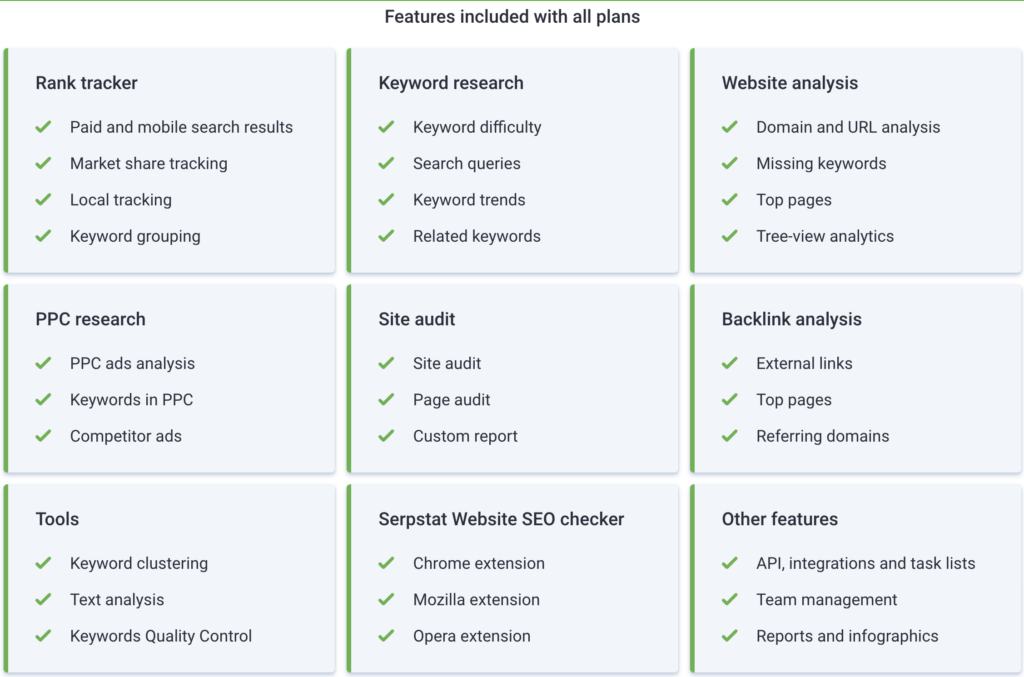
Track Rankings
Serpstat’s track rankings capabilities are based on its keyword difficulty score feature, which helps marketers determine the competitiveness of chosen keywords. This is done by comparing each keyword to the top 10 ranked websites in Google for that same keyword. This gives an idea of how hard it is to rank for a certain keyword and what SEO techniques you may need to achieve a higher ranking.
Tracking rankings also enables marketers to see changes over time and monitor their competition, especially when using tactics like content marketing and SEO.
Track rankings in content marketing involve measuring the number of views, clicks, shares, and other engagement metrics. Marketers can gain valuable insights into their content performance by monitoring these metrics and making informed decisions about future campaigns.
By tracking their website’s position, users of Serpstat stay informed of changes in the search engine rankings. With the track results, users use the data to optimize their SEO strategies to improve their website’s noticeability.
Keyword Research
Serpstat uses a variety of tools to search for relevant terms. For instance, its Autocomplete tool provides users with keyword suggestions based on what they’re typing in the search bar. It helps marketers come up with ideas for content topics and optimize their websites for the right terms. The Keyword Research Tool provides users with lists of related keywords and phrases they could use in their SEO campaigns. This tool also looks at competitors’ strategies and suggests better strategies to help websites rank higher in SERPs.
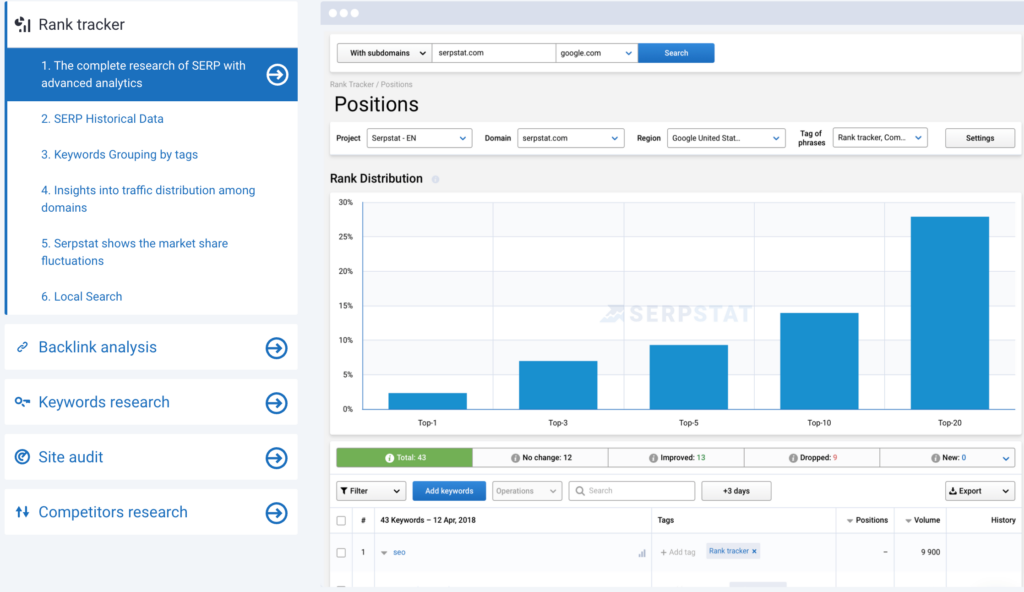
Serpstat also helps marketers discover new topics related to their niche through its Content Analyzer tool, which tracks down the most-discussed topics on different channels. This is done by analyzing hundreds of millions of web documents for each keyword entered and ranking them according to relevance.
The Topic Research Tool provided by Serpstat also plays a key role in finding keywords as it suggests headlines based on user-selected topics and keyword variations. This feature is useful for those who want to create SEO-friendly content that resonates with potential customers.
Backlink Analysis
The Backlink analysis feature from Serpstat allows marketers to get more organic links by taking advantage of different outreach techniques and link-building strategies. This can include leveraging existing relationships with industry influencers, participating in events, guest blogging, and creating content that appeals to the appropriate audiences. The feature helps marketers create a network of websites and increase their visibility in the SERPs.
With this feature, users can analyze their competitors’ link profiles and determine which tactics they use to gain links. This information can then be used as a starting point for building their effective outreach strategy. Users can also view detailed data about new and lost links over time and information on where these links are coming from so they can identify potential partners and target their outreach accordingly.
The backlink analysis tool allows marketers to track any changes in the number of backlinks over time.
When using this feature, it is important to double-fact-check any claims made by potential partners or affiliates before agreeing and check all links for relevancy.
Upgrade On-Page SEO
You can’t have a successful SEO strategy if you don’t have On-Page SEO capabilities. It refers to the optimization of a website’s content and structure to ensure that it is easy for search engine crawlers to understand, index, and rank it in the SERPs. With Serpstat’s Site Audit feature, users can analyze their web pages from an SEO perspective, identify potential issues, and make adjustments to improve their site’s visibility.
This helps users determine if their content is optimized for target keywords and check for meta tags and on-page elements such as titles, headings, alt tags, etc.
One of the main advantages of using Serpstat’s Site Audit feature is that it can automate certain tasks like creating meta tags or ensuring images are properly labeled with alt tags. Additionally, with the Site Audit feature, users can identify missing pages, link verification, duplicate content, and more similar issues.
Compare Domains and Keywords
Serpstat’s Competitor Research feature shows you how the websites or words between competitors are similar and different. You can use this feature to see which keywords a website is using and how popular it is compared to other websites.
This helps you understand the strengths and weaknesses of each website or keyword. Additionally, this feature also provides users with a comprehensive overview of all the SERP features currently being utilized by these domains or keywords so they can gauge how successful their strategies are.
Group Keywords
Serpstat’s ability to group keywords allows users to easily group related keywords, making tracking and analyzing data easier. This also helps users narrow down their search engine optimization (SEO) efforts by grouping similar keywords so they can focus on the terms that offer the highest ROI.
The Group Keywords feature allows users to compare multiple sets of data at once, allowing them to identify common trends across keywords quickly. Marketers can reduce duplicated efforts by grouping related terms into single entities while improving overall effectiveness.
Generate content
Serpstat has the capability to generate new content through a few processes with an AI-powered tool. With a single sentence, you can get a full article within seconds. Additionally, you can generate descriptions and article titles, as well as check grammar and spelling, and paraphrase text. With a single-sentence prompt, you can generate compelling content within a few seconds, simplifying and speeding up the entire process.
Competitor Analysis
Aside from the keyword research tool that helps you find the right keywords for organic traffic, Serpstat also has a comprehensive advertising and competitor analysis. Serpstat helps you find relevant SEO and PPC competitors and analyze the keywords they use as well as successful advertising tactics for organic traffic.
Serpstat also offers users exclusive insights, such as SERPWatcher, allowing marketers to track various competitors’ rankings on Google. Also, users can use PPC Expert to develop strategies around paid search campaigns, while Site Audit Pro makes it easy to track website performance metrics such as broken links, page speed, and more.
Manage Listings
The feature to manage listings in Serpstat enables users to view, manage and monitor their business listings across the web. This is done by collecting data from numerous sources such as Google My Business, Yelp, Facebook, and more. Users can also track changes over time and receive alerts when there are updates or new submissions.
The tool also provides detailed analytics about each listing which makes it easy for marketers to assess how well their brand presence is doing on different platforms. With these insights at hand, businesses can take appropriate measures to further enhance engagement and conversion rates.
Create Reports
With Serpstat, you can create reports that provide insights into various aspects such as organic search rankings, keyword performance, SERP analysis, traffic metrics, PPC management, and more. They can also be used to analyze competitor data and compare your website’s performance against your competitors.
Serpstat offers a wide range of report types, including daily, weekly, and monthly analytics for tracking changes over time. These reports provide users with useful insights such as keyword visibility trends, top-ranking domains for specific keywords and phrases, CTRs from organic and paid search results, organic ROI calculation, etc. Users can also create custom PDF reports with branding for distribution to stakeholders or clients.
Key Features of SEMrush
SEMrush offers a wide range of features that can help marketers to boost their online presence and maximize their ROI. Here are some of the most prominent ones.
Keyword research
With SEMrush’s keyword research tool, users can discover and analyze new keywords to help them optimize their content. SEMrush provides users an extensive list of keyword ideas based on their query and filters, such as volume and competition.
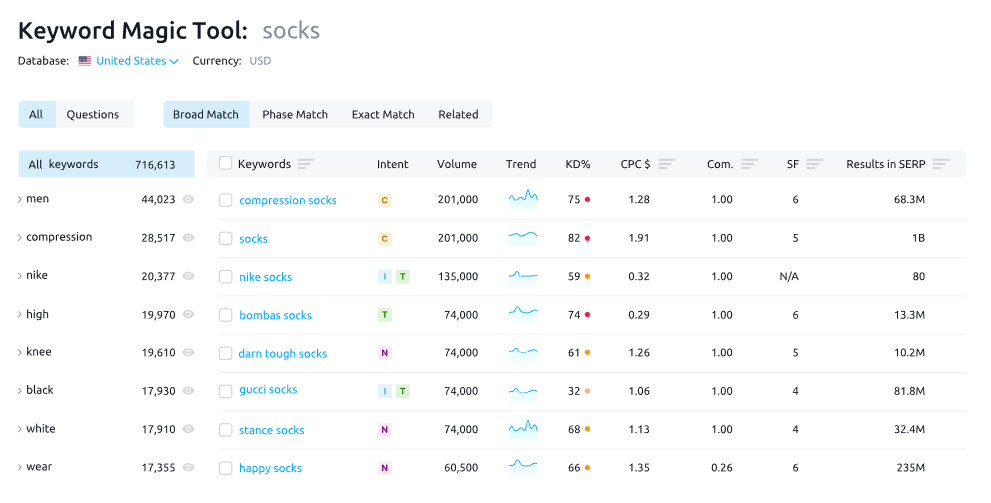
SEMrush also offers advanced features like Keyword Magic Tool, making it easy to find related keywords and determine what content is performing best.
The Keyword Difficulty score offered by SEMrush helps marketers understand how difficult it will be to rank for a certain keyword based on backlink analysis and other factors such as organic traffic potential, keyword difficulty, and more.
Site audit
SEMrush’s Site Auditor is a powerful tool that helps website owners and digital marketers identify technical issues on their websites. It provides detailed reports outlining potential problems such as broken links, incorrect metadata formatting, low page speed scores, etc.
The Site Auditor tool scans the website for any errors or issues that could affect performance. Once the scan completes, it will display a report with all the issues found and categorize them according to severity level.
The tool is highly customizable and allows users to adjust settings so users can set filters according to certain criteria such as country, language, or device type when running a scan so they can get more accurate results. They can also control how deep the scan should go, from simple checks, such as HTML validation and meta tags correctness, up to more complex metrics, such as page titles optimization and page speed scores optimization.
Backlink analysis
SEMrush’s Backlink Analysis tool is an essential resource for digital marketers looking to gain valuable insights into their current link-building efforts. It provides detailed reports on the inbound links pointing toward a website, enabling users to identify and correct any issues.
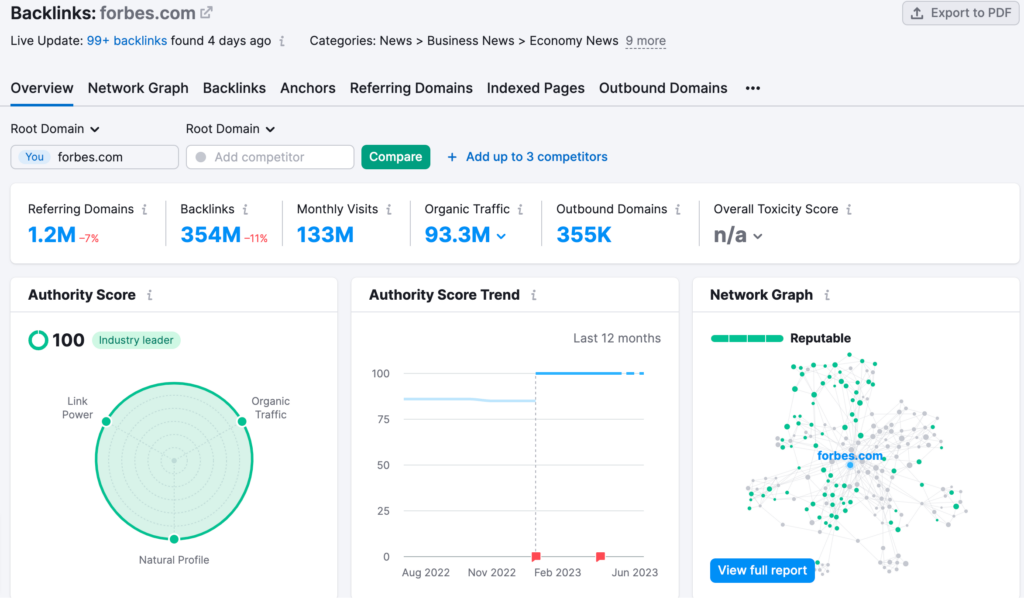
The tool works by analyzing incoming hyperlinks from other websites and categorizing them according to several metrics, such as the authority of the linking domain, number of outbound links from the referring page, keyword relevance, etc. This helps SEO professionals quickly identify potential problems with their backlink profiles and take action to fix them. If a website has too many low-quality links pointing towards it instead of high-quality ones, then SEO experts can use this data to create a more balanced backlink portfolio that will help boost rankings and visibility in search results.
SEMrush’s Backlink Analysis tool also allows users to monitor changes in the link profile over time to keep track of progress and adjust strategies accordingly. With this information at hand, digital marketers can refine and improve their link-building campaigns.
Competitor analysis
SEMrush’s Competitor Analysis tool is a powerful resource for digital marketers who want to gain valuable insights into their competitors’ strategies. It provides detailed reports outlining key metrics such as keyword rankings, organic search traffic, ad campaigns, top-performing landing pages, and more. With it, you can monitor the competition’s progress while it’s happening and make fast adjustments according to the data.
The tool gathers data from different sources, such as search engines, web analytics tools, social media platforms, and more. It then creates comprehensive reports that provide users with an overview of their competitor’s strategy as well as an analysis.
Additionally, it also provides information about their advertising campaigns, including the budget spent and impressions gained over time. This helps SEO professionals identify opportunities for creating better strategies or taking advantage of opportunities their competition may have yet to take advantage of.
With SEMrush’s Competitor Analysis tool, digital marketers can stay up-to-date on the progress of their competition. The data is displayed in an easy-to-read format making it simple for users to interpret even complex metrics like keyword rankings or organic search traffic.
Rank tracking
SEMrush’s rank-tracking capabilities are essential for digital marketers who want to keep track of their website’s performance in search rankings. The tool offers an array of features that enable users to measure and analyze their website’s visibility in search engine results, helping them identify opportunities for improvement.
The rank tracking feature monitors changes daily to help users stay up-to-date with the latest developments in search engine optimization (SEO). It provides detailed reports outlining key metrics such as keyword rankings, organic search traffic, ad campaigns, top-performing landing pages, and more. This allows users to track their website’s or specific pages’ progress over time and make adjustments based on performance. Additionally, it also shows how competitors’ websites are faring in comparison and helps marketers develop improved strategies to outperform them.
Pros and Cons of Serpstat
Both Serpstat and SEMrush are well-known platforms in the field of virtual marketing but like many online content-constructing tools they have some pros and cons of using them.
Pros:
- Serpstat provides detailed reports with key metrics such as keyword rankings, organic search traffic, ad campaigns, top-performing landing pages. This allows SEO professionals to have an in-depth understanding of their website’s performance in search engine rankings and take appropriate action to improve visibility.
- The tool also offers effective backlink analysis capabilities which help users identify potential problems in their backlink profile and take prompt action to fix them. This ensures that the link-building efforts are focused on quality links that will help boost rankings and visibility in search results.
- It has a comprehensive competitor analysis feature which helps digital marketers monitor the progress of their competitors in real-time and take quick steps to stay ahead of the game. This helps them gain valuable insights into what works best for their competitors so they can create better strategies to outperform them.
Here are some of Serpstat’s cons:
- Although Serpstat is a powerful tool with a range of features, it has a steep learning curve which makes it challenging for new users to get accustomed to the platform quickly.
- It also lacks certain features such as email tracking and automation which could be useful for an agency dealing with multiple clients.
- All pricing plans have sizeable prices that might not be recommended for novice SEO and digital marketing workers that look for something available on a budget.
To compare, read some of SemRush’s main pros:
- SEMrush provides a vast database of keywords and allows you to perform in-depth keyword research, analyze search volumes, and discover new keyword opportunities.
- Competitor Analysis: One of SEMrush’s strengths is its ability to analyze competitors’ websites. It provides valuable insights into their organic and paid search strategies, top-ranking keywords, backlinks, and more, helping you identify opportunities and refine your own strategies.
- Site Audit and Optimization: SEMrush offers a site audit feature that scans your website for SEO issues, including technical errors, broken links, and duplicate content. It provides actionable recommendations to improve your website’s performance and rankings.
- Backlink Analysis: Backlinks are crucial for SEO, and SEMrush allows you to analyze your backlink profile as well as your competitors’. You can identify toxic backlinks, find new linking opportunities, and monitor your link building efforts.
- PPC Advertising Insights: SEMrush provides valuable data for PPC campaigns, including competitor ad copies, ad positions, and estimated ad budgets. You can optimize your PPC strategy, identify profitable keywords, and improve your ad campaigns’ performance.
SEMrush too has some cons when using their services:
- Pricing: SEMrush is a premium tool, and its pricing plans might be considered expensive for small businesses or individuals with limited budgets. The cost can increase significantly if you require access to additional features or higher usage limits.
- Limited Social Media Analytics: While SEMrush offers some social media features, its analytics capabilities in this area are not as robust as specialized social media tools. If social media analytics are a primary focus for your business, you may need to consider other platforms.
- Reporting Limitations: Although SEMrush provides reporting options, the customization and flexibility of reports are somewhat limited. Users may find it challenging to create highly tailored or complex reports to meet specific requirements.
- Data Accuracy: While SEMrush provides valuable insights, it’s important to note that no tool can guarantee 100% accuracy. The data provided should be used as a guide rather than an absolute measure, as there may be discrepancies between SEMrush’s data and actual search engine results.
Serpstat Vs Semrush: Ease of Use and User Experience
Both Serpstat and SEMrush are intuitive tools with a user-friendly interface that makes navigating their features easy. They both feature an interactive dashboard with real-time data which can be customized according to the user’s preferences. The data is presented in easily understandable graphics and tables, allowing users to gain insights quickly and accurately.
Serpstat has several features designed for ease of use, such as auto-complete suggestions for keywords, pre-configured reports, customizable templates, and more. It also provides tutorials on how to use the tool effectively and offers email support for additional help. The platform also offers comprehensive help documents covering almost every SEO aspect, from keyword research to link building.
SEMrush takes a slightly different approach when it comes to user experience by providing users with detailed video tutorials about each feature. It also provides an extensive knowledge base with articles on various topics related to SEO, including keyword research, backlink analysis, competitor tracking, ranking monitoring, etc., making it easier for experienced professionals as well as novices to learn more about SEO best practices.
Serpstat Vs Semrush: Pricing and Plans
Both Serpstat and SEMrush have a few pricing plans available for novice and experienced users.
Serpstat Pricing Plans
There are four pricing plans available at Serpstat, the Lite, Standard, Advanced, and Enterprise plans. There’s another customizable plan with a negotiable price, but you need to contact customer support for that package. Serpstat’s Lite package starts at $69 a month, which is fairly priced, and gives you access to more than 20 tools that will improve your SEO, PPC, and SEM projects. The Lite plan is best suited for individuals working with SEO as well as freelancers and social media blogs.
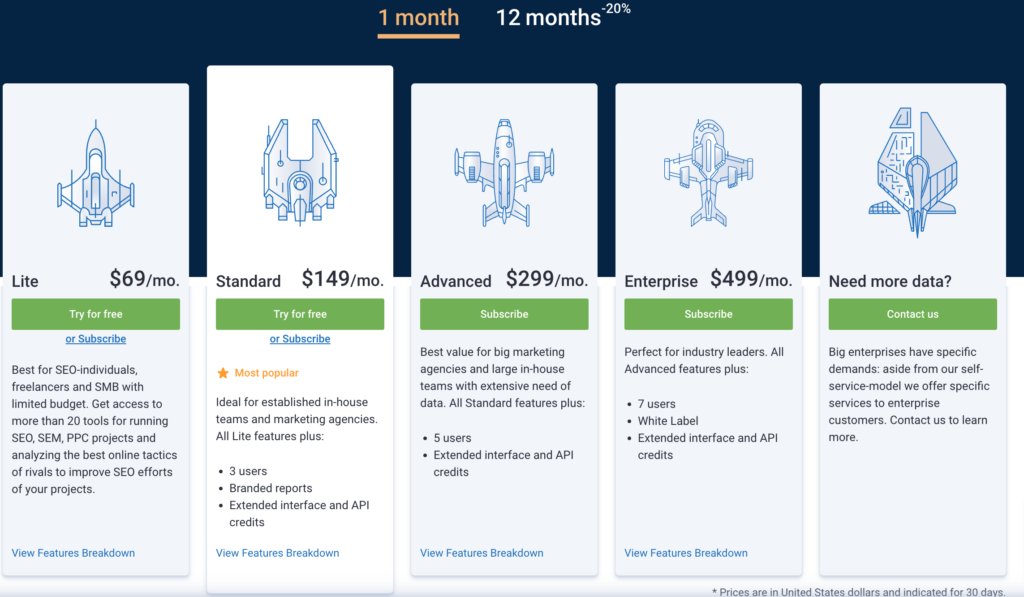
The most popular Serpstat pricing plan is the Standard plan. This package costs $149, and with you get standard tools like branded reports, more than one user, an extended interface, and API credits. The Serpstat standard plan is optimal for established teams and marketing agencies.
Seprstat’s Advanced plan is $299 and it’s best suited for big marketing agencies. Large in-house teams and groups can have access to 5 user seats, an extended interface, and API credentials. The most common standard plan customers are large in-house teams and big social media businesses.
The Enterprise plan is the priciest, with $499 a month. Serpstat’s Enterprise plan is meant for larger industry leaders, and it has all the Advanced plan’s features plus 7 users, an extended interface, and API credentials.
SEMrush Pricing Plans
Unlike Serpstat, SEMrush offers three different plans and a free 7-day trial.
Semrush’s Pro plan is meant for freelancers and smaller businesses. The pro plan costs $119.95 monthly, and it offers social media tracking and management, domain and keyword research, page crawler, site error fixer, keywords with CPCs, and volume data for PPC. But, SemRush’s pro plan also has some downsides in the fact that it does not have integration with Google Data Studio and it does not have any historical data.
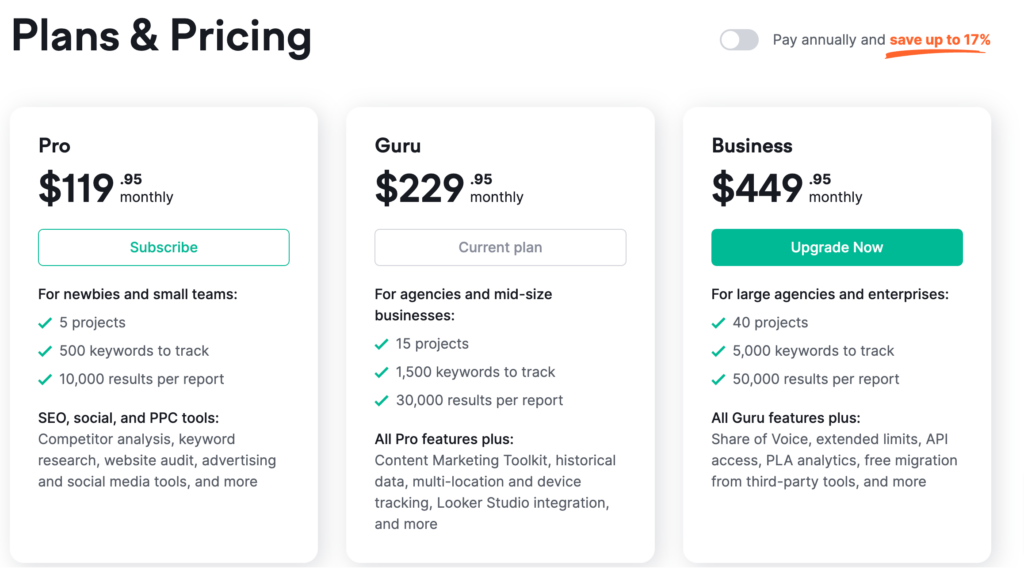
The Guru plan at SEMrush is meant for large-scale marketing departments, and big teams, and it costs $299.95 a month! With the Guru plan at SemRush, you get everything in the pro and free plans, plus you are able to integrate with Google Data Studio, and it keeps your historical data. With the Guru pricing plan, you also get keyword research and tracking tools.
The Business Plan is excellent for large agencies and enterprises, and it costs $449.95 a month. It contains everything included in the Guru Plan, plus extended limits, API access, PLA analytics, free migration from third-party tools, and more.
There are also add-ons and tools like more users, SEMrush.local for local SEO, SEMrush.Trends, Agency Growth Kit, and Impact Hero, with additional sub-plans in each.
Conclusion
When it comes to Serpstat vs SEMrush, both are powerful tools with a range of features. Depending on the type of customer and their needs, both Serpstat and SEMrush have effective strengths and minor weaknesses.
For those who need comprehensive keyword research capabilities, detailed backlink analysis, competitor tracking, or reports with key metrics such as organic search traffic and rankings; then SEMrush is likely the better choice. However, for users looking for an easier-to-use platform that offers tutorials and help documents and more affordable pricing plans, then Serpstat may be the right fit. Ultimately, which tool you choose would depend on your specific requirements, but overall, Semrush appears to be more popular among digital marketers due to its extensive feature set.
FAQs
What is the difference between Serpstat and SEMrush?
Serpstat is a comprehensive research tool for SEO professionals that offers keyword research, backlink analysis, competitor tracking, and more. SEMrush provides detailed reports with key metrics such as keyword rankings, organic search traffic, ad campaigns, top-performing landing pages, and more.
What features does each tool offer?
Serpstat offers features such as auto-complete suggestions for keywords, pre-configured reports, customizable templates, tutorials, and help documents. SEMrush provides detailed reports with key metrics such as keyword rankings, organic search traffic, ad campaigns, top-performing landing pages, and more. Plus, it has advanced features like email tracking and automation to support digital marketers working with multiple clients.
Is it easy to learn how to use Serpstat and SEMrush’s features?
Both Serpstat and SEMrush have user-friendly interfaces with interactive dashboards that make it easy to navigate their features. In addition to this, they both provide tutorials on how to use their respective platforms effectively. SEMrush also offers video tutorials about each feature which helps users get up to speed quickly.




